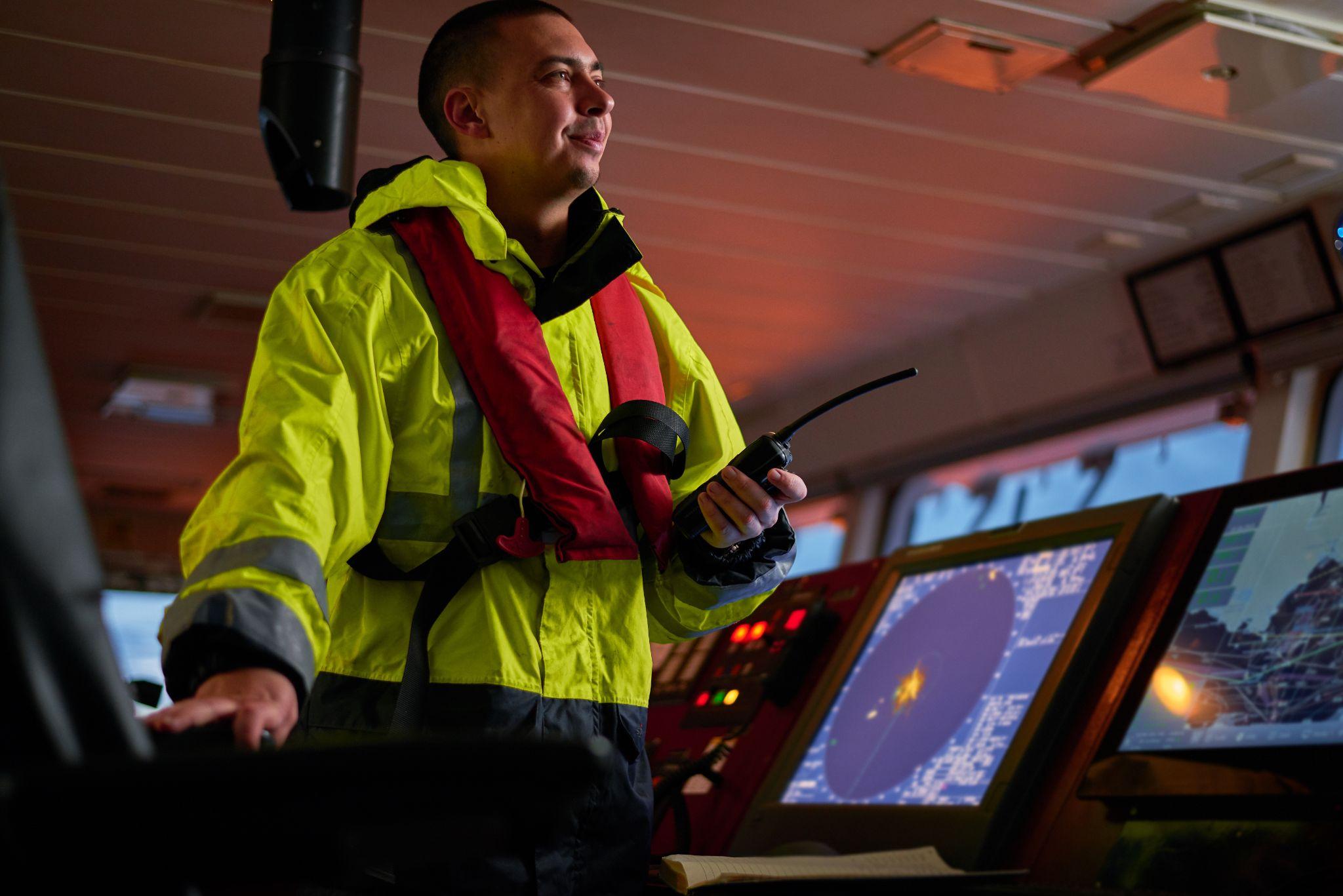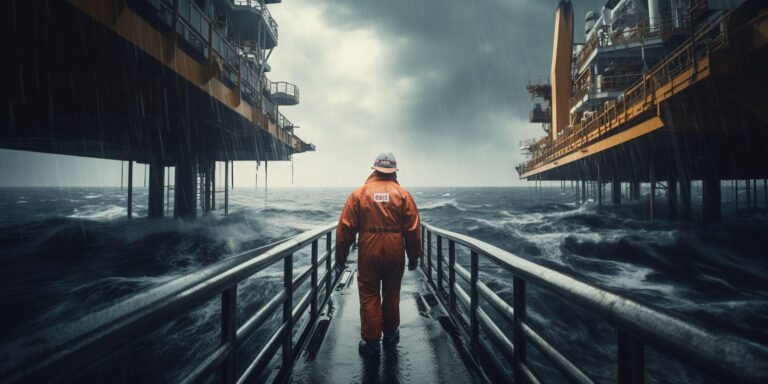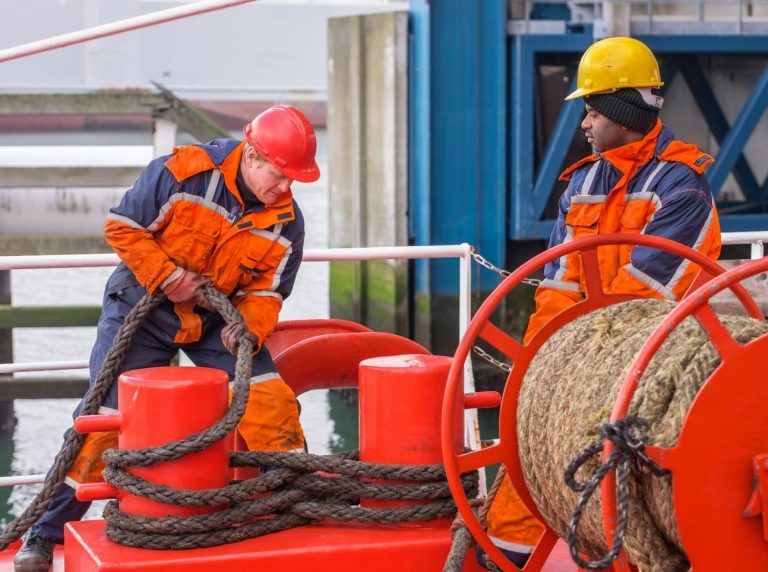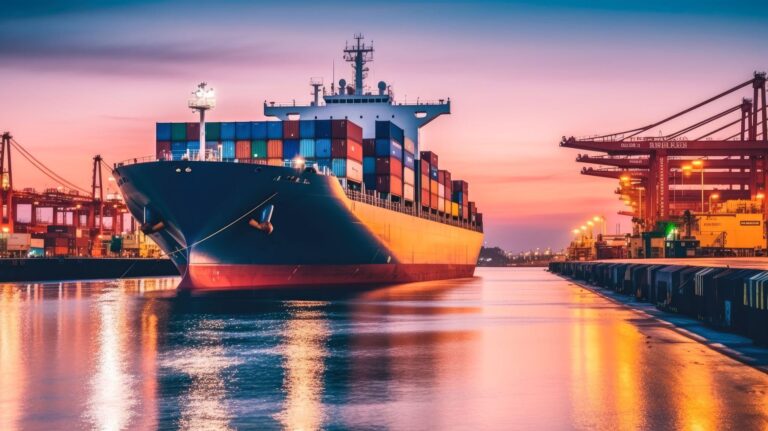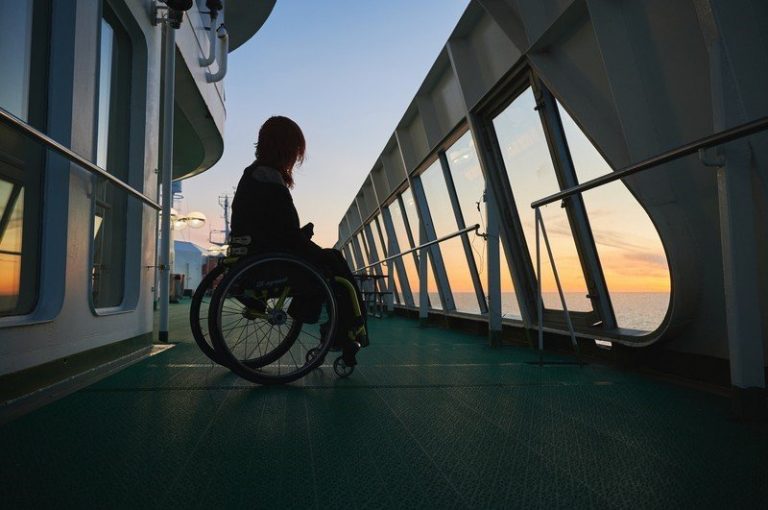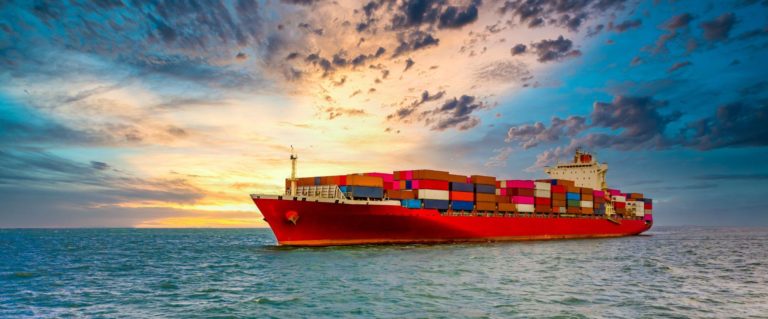Given the weather information that was available before El Faro’s last voyage, many have questioned why the ship’s Captain would choose to brave what was then tropical storm Joaquin. On September 30, when El Faro left Florida en route to Puerto Rico, El Faro’s captain, Michael Davidson, decided to forge ahead on a path that would take him within 200 miles of the tropical storm that was brewing nearby.
Tote Maritime, the company that operated El Faro, reported that Davidson developed a “sound plan” that would enable him to sail safely outside of the storm’s path. If everything went according to the captain’s plan, some industry experts agree that El Faro could have outran the storm.
The weather conditions, however, weren’t the only factor Davidson needed to consider in the charted course. His strategy failed when the ship’s main propulsion stopped working as El Faro and its 33 crewmembers were in the path of what strengthened to become a category 4 hurricane. El Faro sent its last distress call on October 1 and lost contact near the Bahamas. Marine positioning data shows that the ship was battling 120 mph winds and more than 30 foot waves shortly before it succumbed to the forces of Hurricane Joaquin. It’s believed that all 33 crewmembers onboard, including 28 Americans, lost their lives in the disaster.
As investigations into El Faro’s sinking are ongoing, additional information will reveal whether Davidson made the right decision under the circumstances. In the maritime industry, the responsibility falls on a ship’s captain to use all information available to make a decision amidst the perils of the sea. A ship’s captain must account for the unexpected and the wrong decision puts the lives of all crewmembers at risk. In addition to responding to dangerous weather conditions, a ship’s captain also may encounter malfunctioning equipment and even the threat of pirates abroad.
Schechter, Shaffer & Harris, L.L.P., has represented injured crewmembers for more than 50 years, and many cases have called into question the decision making of a ship’s captain. In 2009, we were retained to represent some crewmembers aboard the M/V Maersk Alabama, a container ship that was hijacked by pirates near Somalia. With so many lives at stake, captains must be held accountable for their decisions as the safety of maritime workers depends on it.

